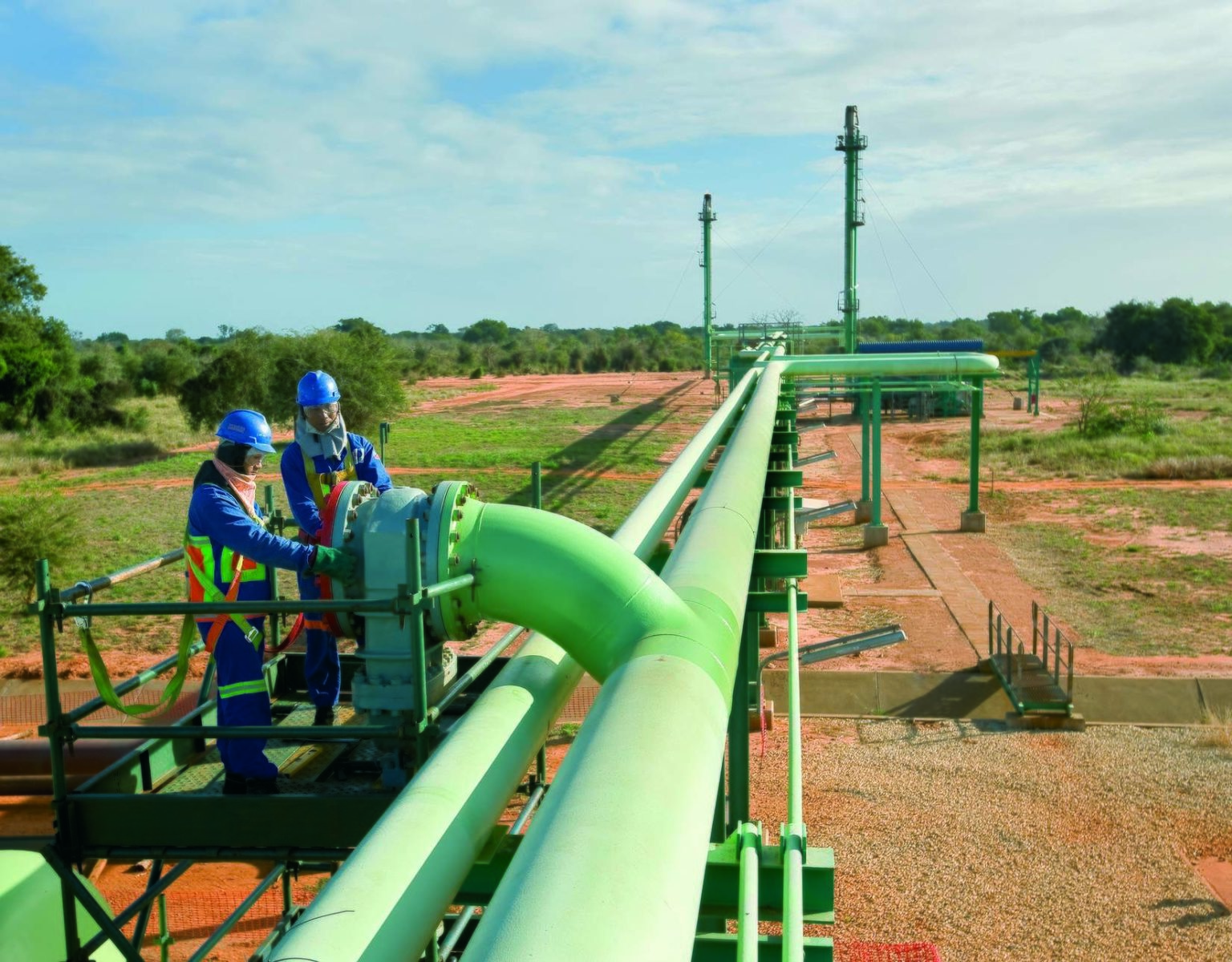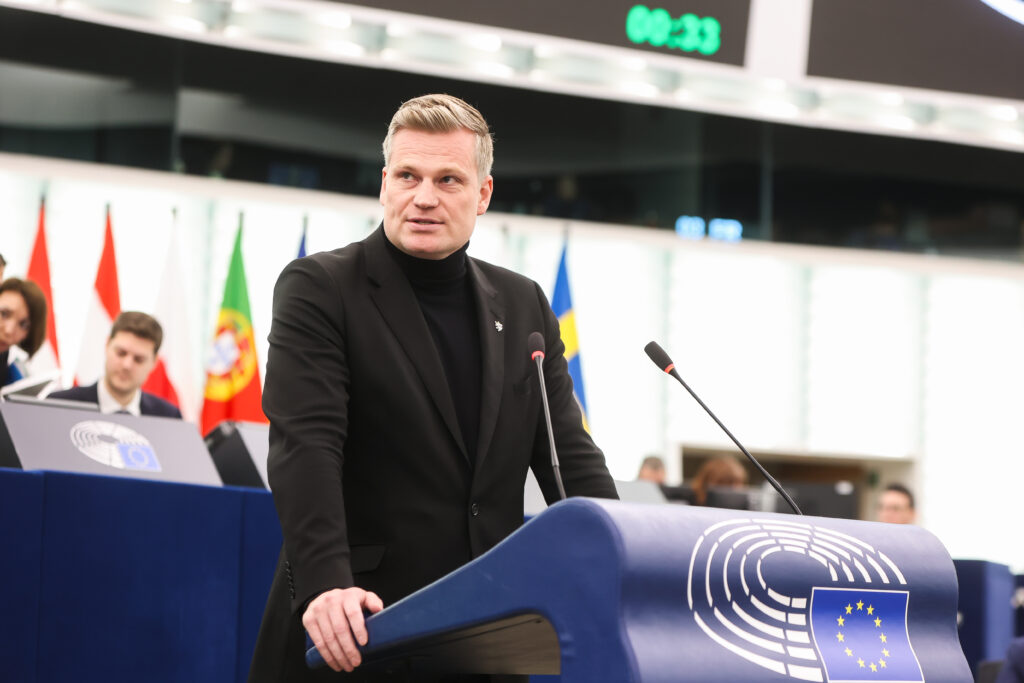By Natalie Sauer for Climate Home News
The World Bank Group faces criticism for continuing to back fossil fuel development, despite moves to clean up its portfolio.
It has earned green credentials for ending direct lending to coal-fired power plants, promising to axe support for oil and gas exploration and increasing its clean energy budget.
Yet over the last five years, the group’s support to oil and gas actually increased, while coal benefitted from indirect subsidies, according to analysis from German NGO Urgewald.
The study, which covers 675 active investments, found $21 billion is going towards fossil fuels. While clean energy finance grew rapidly from 2014-18, it has yet to catch up. The equivalent figure is $7bn or $15bn, depending on the inclusion of large-scale hydropower and other projects with disputed environmental benefits.
“It is a big disappointment to find that the World Bank Group continues to provide such vast amounts of public finance for fossil fuels,” said report author Heike Mainhardt. “The bank thereby completely undermines its own efforts for renewable energy sources as well as the Paris climate goals.”
A spokesperson for the World Bank defended its record, saying the Urgewald report “paints a distorted picture of our energy sector work”. The inclusion of “legacy projects where financing was approved many years ago” means it “does not reflect the substantial changes that have happened in World Bank energy financing over the past decade,” he said.
In the last fiscal year, the bank approved $20.5 billion in finance for climate action, he added, meeting a 2020 target two years ahead of schedule.
The report comes days after the World Bank confirmed its new president, David Malpass, Donald Trump’s choice for the job.
Environmentalists have voiced fears the former US treasury official might deprioritise climate change, in line with Trump’s politics. But Malpass offered early assurances he saw climate change as a “key problem” would not seek to reverse the ban on coal finance.
“Looking at his background, we are very curious how seriously he will lead the bank’s climate efforts,” Moritz Schröder-Therre, a spokesperson for Urgewald, told Climate Home News. “The bank’s member states outside the USA, especially the powerful European shareholders, which are currently reconstructing their own energy systems at home to decrease their climate impact, should make sure that Malpass stops the bank’s fossil business and increases its assistance for developing countries [to form] climate-resilient energy systems that benefit the poorest rather than the business and political elites.”
The Urgewald report found World Bank gas finance increased from $1.5bn in 2014 to $2.2bn. Oil projects also saw a slight increase. Renewables funding, including large hydropower, boomed from $0.5 to $2.0bn.
It also identified backdoor support for coal. In March 2016, the Multilateral Investment Guarantee Agency (MIGA), a bank subsidiary, lent $783 million to the German Deutsche Bank and the Japanese Mizuho Bank. The funds were earmarked for the South African energy group Eskom to support a “capacity expansion program”. Among other purposes, they will finance transmission lines to transport electricity from Eskom’s new coal-fired power plants.
The bank encouraged coal, oil and gas investments in Ghana, Kenya, Mauritania, Cote d’Ivoire, Mozambique, Senegal, Egypt, Tanzania, Nigeria and Burkina Faso, according to the study. Fossil fuel projects in those countries benefited from tax breaks, consultations or assistance to draft legislation.
Among the controversial projects highlighted by the study is the Trans Anatolian Pipeline (Tanap), a 1,800-kilometre gas pipeline through Azerbaijan and Turkey. The bank has provided $800 million in loans and a $1.1 billion guarantee to the project, which has been heavily criticised over climate, corruption and human rights concerns.
The development institute also granted $935m of loans and credits to an offshore gas field in Ghana, paving the way for associated oil fields.
The World Bank and the International Monetary Fund are holding spring meetings from 12 to 14 April in Washington.
Image: Sosol gas pipeline in Tamane, Mozambique. The World Bank supports the gas project. Credit: Sasol/Wikimedia Commons CC BY–SA 3.0. Updated 15/04/19: The headline was updated to reflect the details in amended paragraph 4.
Subscribe to our newsletter
Stay up to date with DeSmog news and alerts







